Transform Canvas Pages into Evidence Points
Static content doesn’t show if learning is happening. Stackle integrates seamlessly with Canvas to capture evidence of student engagement and understanding directly where learning takes place.
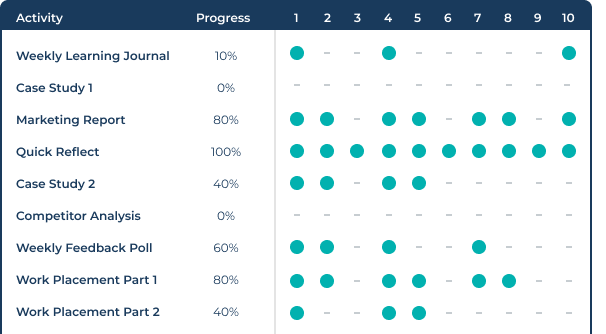
Real-Time Engagement Tracking
Canvas doesn’t show if students are engaging
Stackle makes learning visible in real-time with comprehensive evidence collection
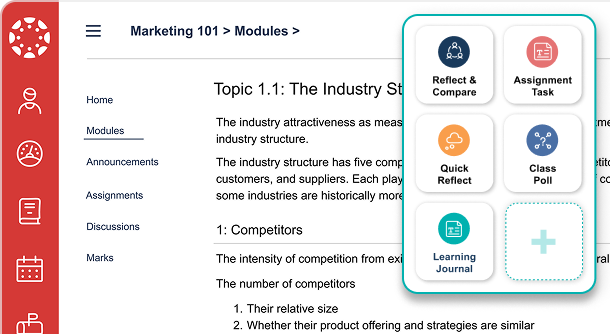
Purpose-Built Reflection Tools
Canvas lacks built-in learning journals
Purpose-built reflective learning platform inside Canvas with specialized activities
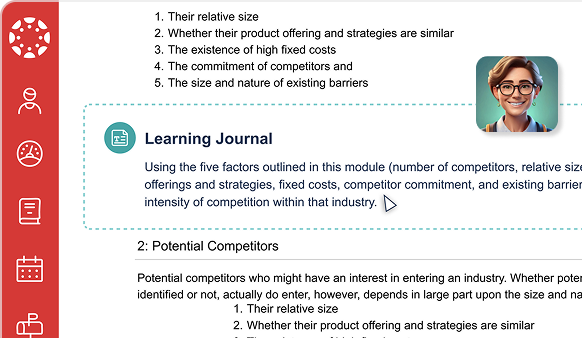
Seamless Integration
Student reflections are scattered across systems
Integrated reflection points where learning happens for a connected experience
Byte size learning with real-time evidence
Break Down Learning
Create manageable reflection points that integrate directly into your Canvas content, enhancing student engagement without disrupting flow.
Capture Evidence
Collect proof of learning as students engage with content, creating a continuous evidence trail throughout their learning journey.
Track Progress
Monitor student development and identify gaps in understanding with real-time analytics that inform teaching interventions.
Make Learning Visible
Transform invisible learning processes into tangible evidence at every step, providing insight for both students and educators.
Seamlessly Integrated with Canvas
Stackle works where your educators and students already do, enhancing Canvas with powerful reflection capabilities while maintaining familiar workflows, supporting enterprise-scale deployments, and simplifying assessment processes.
Integrate reflection activities directly within Canvas pages – no separate system to learn or navigate. Students engage right where learning happens.
Seamlessly assess student reflections using Canvas SpeedGrader’s familiar interface. View complete learning journeys while providing feedback efficiently.
Manage large cohorts effectively with full Canvas sections support. Organize students into location-specific groups with tailored teaching access.
Connect reflection activities to formal Canvas assignments. Build comprehensive assessment structures that document the entire learning journey.
From Student Engagement to Institutional Reporting
Track student interaction with content as it happens
ROI: Identify disengaged students before the census date
For: Learning Designers & Course Coordinators
Monitor learning development over time
ROI: Support students with timely interventions
For: Educators & Academic Support Teams
Scale evidence collection across hundreds of students
ROI: Maintain quality with growing student numbers
For: Department Heads & Program Directors
Seamless assessment workflow in a familiar interface
ROI: Reduce administrative time by 40%
For: Teaching Staff & Assessment Coordinators
Generate evidence for quality assurance reporting
ROI: Meet regulatory requirements with comprehensive data
For: Academic Leadership & Quality Teams
Pre-Configured Activities for Built for Canvas

Learning Journals
Transform learning moments into evidence of growth with ongoing reflection that builds progressively throughout the course.
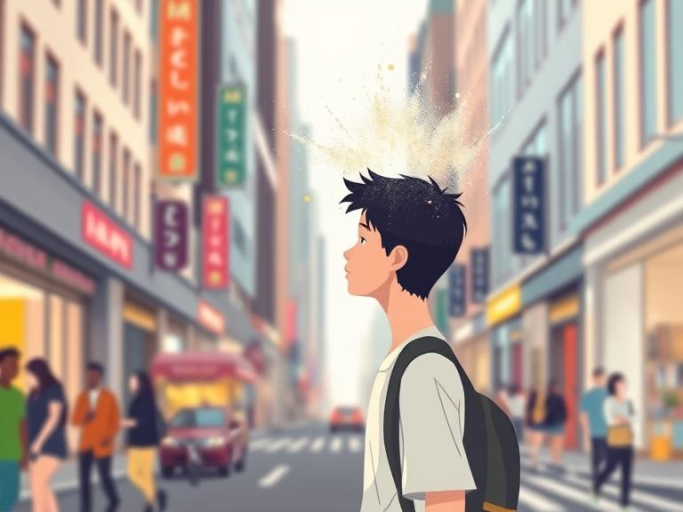
Quick Reflect
Capture point-in-time understanding with locked responses that provide authentic evidence of learning as it happens.
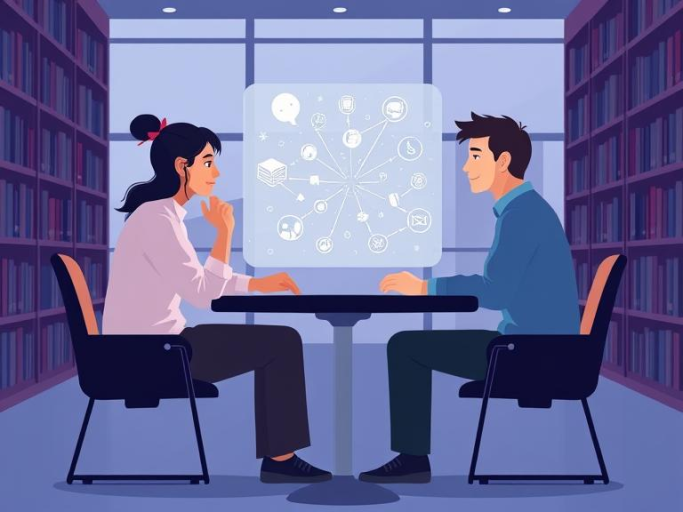
Reflect and Compare
Foster peer learning by allowing students to compare perspectives after submitting their own reflections, building community understanding.

Reflect, Review & Export
Compile reflection evidence across multiple learning moments into exportable documents that showcase the complete learning journey.
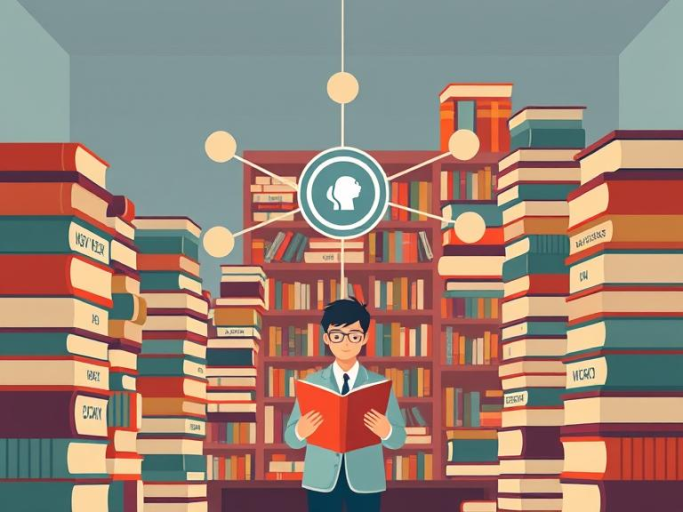
Connected Journal
Link multiple reflection points to a single Canvas assignment, streamlining assessment while maintaining a rich evidence collection.

Assessment Template
Build structured templates that guide students in actively documenting, analysing, and connecting their learning as they progress through content.
Here’s why educators are chooosing Stackle


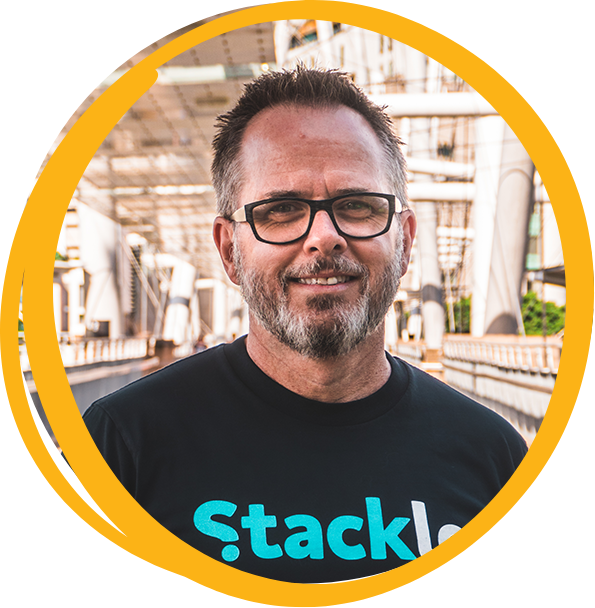
Meet Sean!
Sean is our co-founder and CEO, and he’ll show you how we can personalise Stackle to fit your needs down to a tee.
Proudly supported by the Advance Queensland initiative
